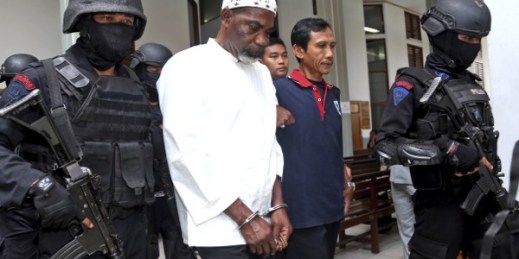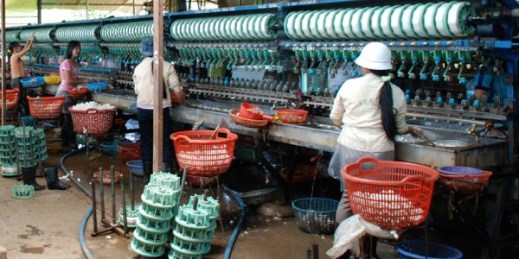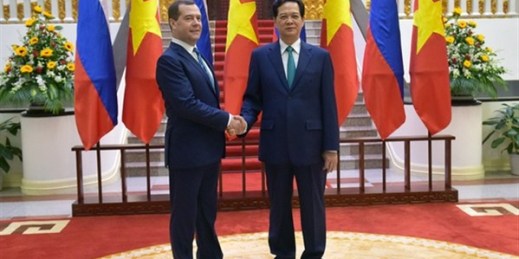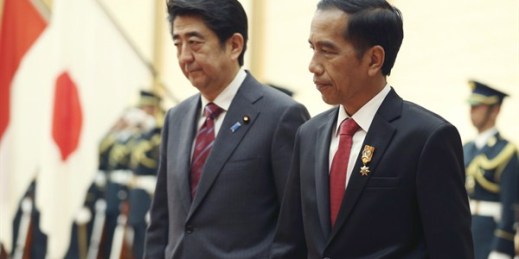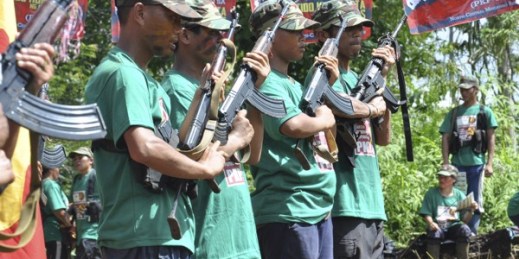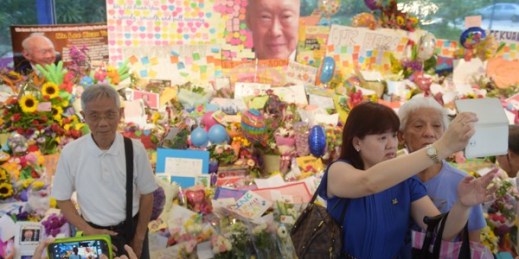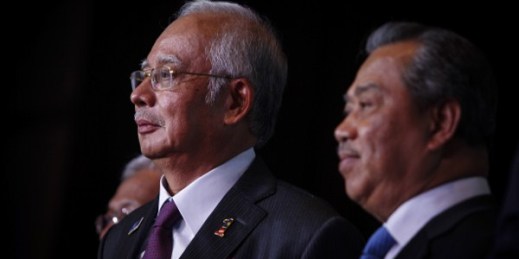
Since the end of 2014, Malaysians, normally living in one of the most stable countries in Asia, have witnessed an extraordinary political spectacle. Although the same ruling coalition has run Malaysia since independence five decades ago, 89-year-old former Prime Minister Mahathir Mohamad recently launched a fusillade of public attacks on the current prime minister, Najib Razak, his longtime political protégé. In articles and in speeches, Mahathir has accused Najib of allowing vast sums to disappear from 1MDB, a Malaysian sovereign wealth fund; of evading questions about the suspicious murder of a Mongolian translator who allegedly had information about corruption in […]

